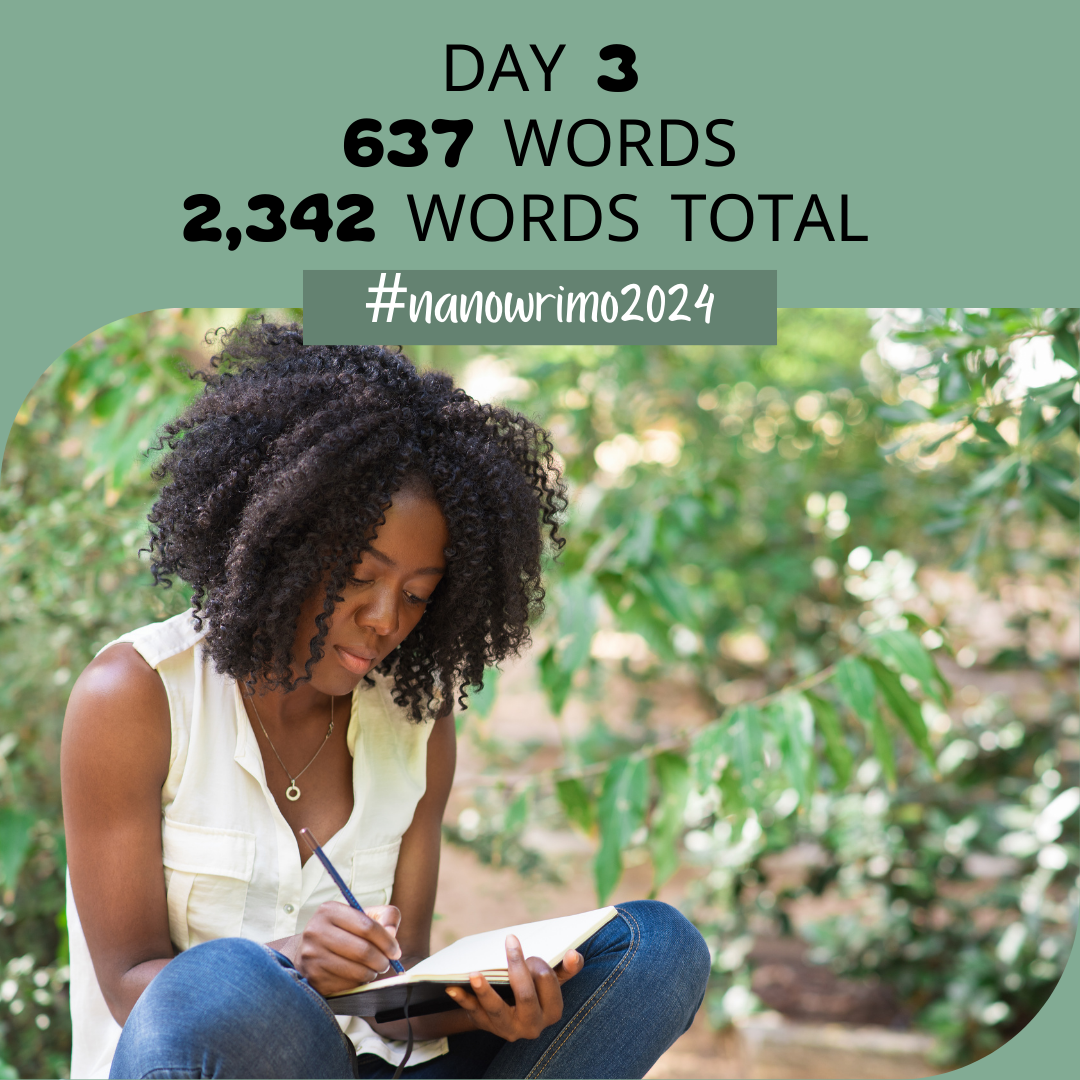Before You Write
So, I had given my students a short story assignment where they had to create a magic system, decide what kind of magic they were going to use and what journey the hero/heroine would take. However, as soon as I said they had 2500 words, the panic immediately set in. I didn’t think that was a lot, since I had written that many words in one night. But I did that in graduate school and not as a freshman just starting out. I needed to adjust my expectations and ease them into the writing.
Thus, here are some tips that helped me prep for an assignment or any writing project.
1. List your characters.
You don’t have to list all the characters. Especially the secondary characters that don’t have any dialogue or add real significance to the story. However, do make sure you list the protagonist, the antagonist, and any characters that interact with the protagonist and antagonist or influence the main characters.
2. Describe the setting.
Setting doesn’t always mean a place but rather a time. Are you in the future, the past, or the present. Once you have that down, figure out if you are in a faraway land, a world full of technology or in the real world. This will help give you some idea as to what story should write.
3. Describe the plot.
This one seems easy and to a degree it is. Just write down what happens in the story. If you don’t know, guess. You can always change it later. You just need a general idea of what is going on. Luckily for my students, I did give them a prompt, so they won’t have to figure out the plot too much. But for those of you reading, if you do not have a prompt, research different prompts associated with your topic and see what comes up. Take bits and pieces and create the plot from there.
4. Describe the conflict.
What is the strife between the protagonist and the antagonist? Or is the conflict within the protagonist themselves or the protagonist versus an external force, not necessarily a person? Or is it a combination of all the above? Figure which questions apply to your story and answer them. This will help you decide what drives your plot forward. As I always tell my students, the plot is the car, and the conflict is the gas that allows you to drive it. Conflict always drives the plot.
5. Write the ending first.
The thing that writers have the most trouble with is knowing when to end the story and that’s because they don’t know how the story will end. The intent behind writing the ending before anything else is so you will know where the story is headed and stick to that trajectory as you write. Note, you can change the ending after you’ve started writing if you feel there is a better ending to the story. However, be careful about changing the ending so many times. If you find yourself changing it often, you might not be able to stop and once again, you’ll find yourself not completing the story.
I hope these tips have helped you in some way. Of course, all the information I have provided is subjective and you can take what works for you and leave the rest.
As always, thanks for reading. Happy writing.






